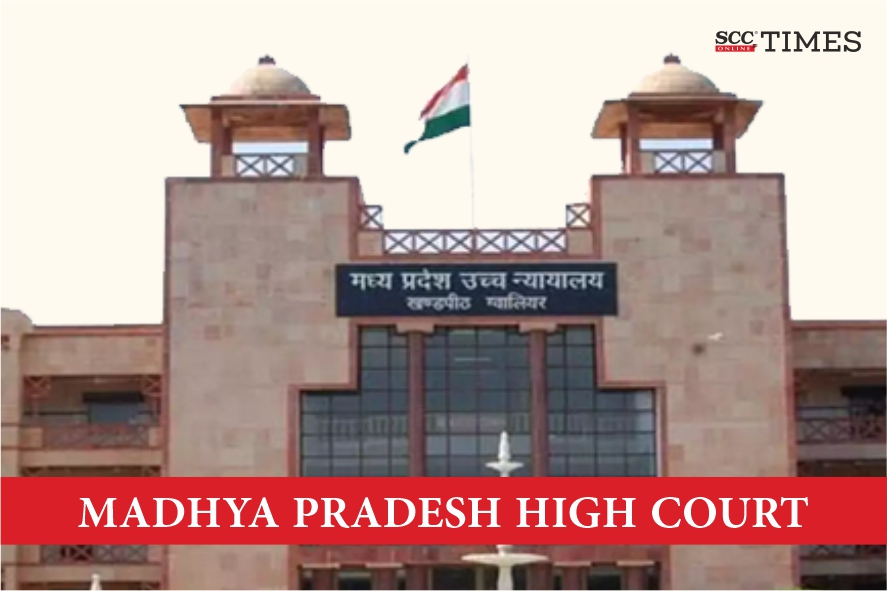Madhya Pradesh High Court: In a contempt proceedings initiated by the trial order against the respondents for allegedly undermining the process of law by making comments in internal notes questioning the maintainability of the original suit and the correctness of the appellate court’s decision, a single-judge bench of Vivek Jain, J., held that that the internal notes made by the Tehsildar and SDO did not amount to contempt of court. The Court dismissed the contempt proceedings, emphasising on the importance of maintaining respect for judicial institutions in official communications.
In the instant matter, a suit was filed by the plaintiffs seeking a declaration of title and permanent injunction, which the trial court dismissed. On appeal, the appellate court, vide order dated 13-07-2004, reversed the trial court’s decision and declared the plaintiffs as the rightful owners of the land and directed their names to be mutated in the land records. Subsequently, during the process of implementing the appellate court’s order, the Tehsildar and Sub-Divisional Officer (SDO) made comments in internal notes, questioning the maintainability of the original suit and suggesting that the appellate court’s judgment was improper. The trial court initiated a contempt proceeding against the Tehsildar and SDO based on the comments in internal notes. The main issue in hand is whether the internal communications and the nature of the comments made by the respondents amounted to contempt.
The trial court asserted that the comments made by the Tehsildar and SDO in the note sheets criticising the appellate court’s order undermines the judicial process and constituted contempt of the appellate court. However, the Additional Advocate General contended that the comments were internal notations intended to guide the drafting of an appeal and were not meant as public or malicious criticism of the trial court’s decision. It was argued that the notes were merely recommendations for filing an appeal and did not constitute contemptuous behavior.
The Court found that the comments in the note sheets were internal communications between the Tehsildar and the SDO, made in the course of deciding whether to file an appeal and these comments were not published and did not amount to a refusal to comply with the appellate court’s order.
“The notings are only internal communications and it is not the case that authority refused to comply the order stating that the order of Court is not proper in law.”
The Court noted that Section 5 of the Contempt of Courts Act, 1971 states that fair criticism of a judicial act is not considered contempt. The Court held that the comments were not contemptuous as they constituted fair criticism under Section 5 of the Contempt of Courts Act and were made in the context of preparing grounds for an appeal, which is a routine bureaucratic function.
However, the Court noted that while the comments did not constitute contempt, it was expected that government officials should refer to the courts with proper respect, even in internal communications.
[In Reference v. R.N. Dwivedi, 2024 SCC OnLine MP 5286, Decided on 16-08-2024]
Advocates who appeared in this case:
Amit Seth, Additional Advocate General, Counsel for the Respondents






